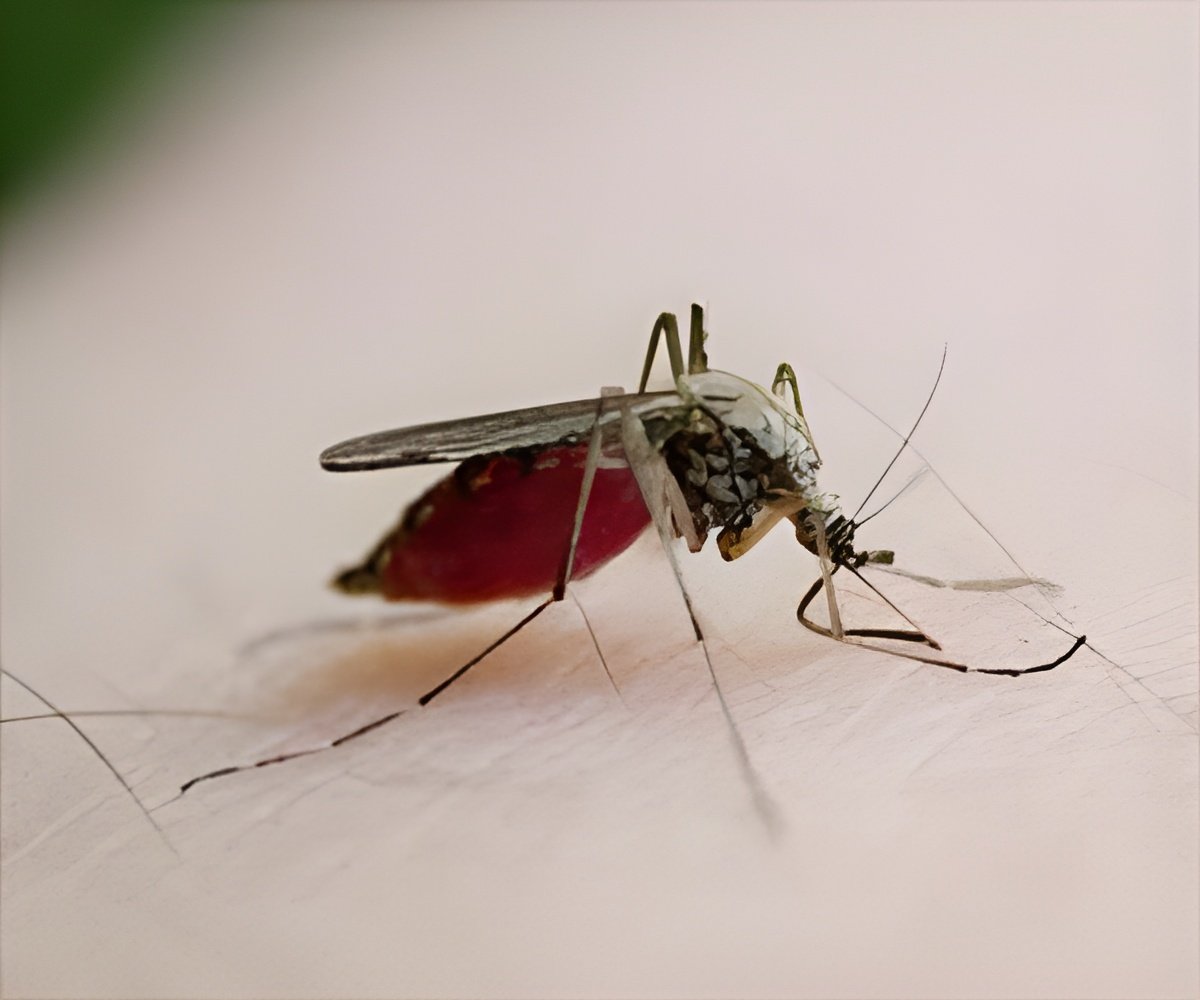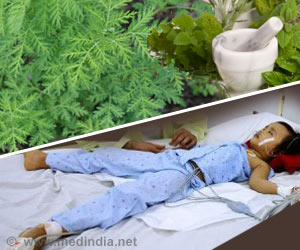Medical research published in Lancet shows how for every 1 degree rise in temperature rise in Lima (Peru) increased diarrhea cases by 8% between 1993 to 1998.
Scientists and health experts warned that a spike in number of diarrheal and vector-borne diseases like Chikungunya, dengue and malaria is likely due to extreme weather patterns as a result if climate changes. This was discussed during a workshop at Hyderabad on 'impact of climate change on emergence of new diseases' in the city on September 3.
Scientists sought to support their prognosis, based on current medical research. They also said zoonotic diseases like plague and leptospirosis would also rise considerably. For instance, Dr Arindam Basu, a senior researcher with Health Services Assessment Collaboration at University of Canterbury, New Zealand in his video presentation, quoted medical research published in
Lancet informing how for every 1 degree rise in temperature rise in Lima (Peru) increased diarrhea cases by 8% between 1993 to 1998.
Dr Narain said the 1994 Surat plague outbreak was preceded by intense heat wave condition followed by heavy rains, resulting in the crisis while for leptospirosis, he cited the examples of Mumbai 2005 floods and Odisha super cyclone 1999, when the disease raised its head after water receded following the floods.
Source-Medindia











